Search
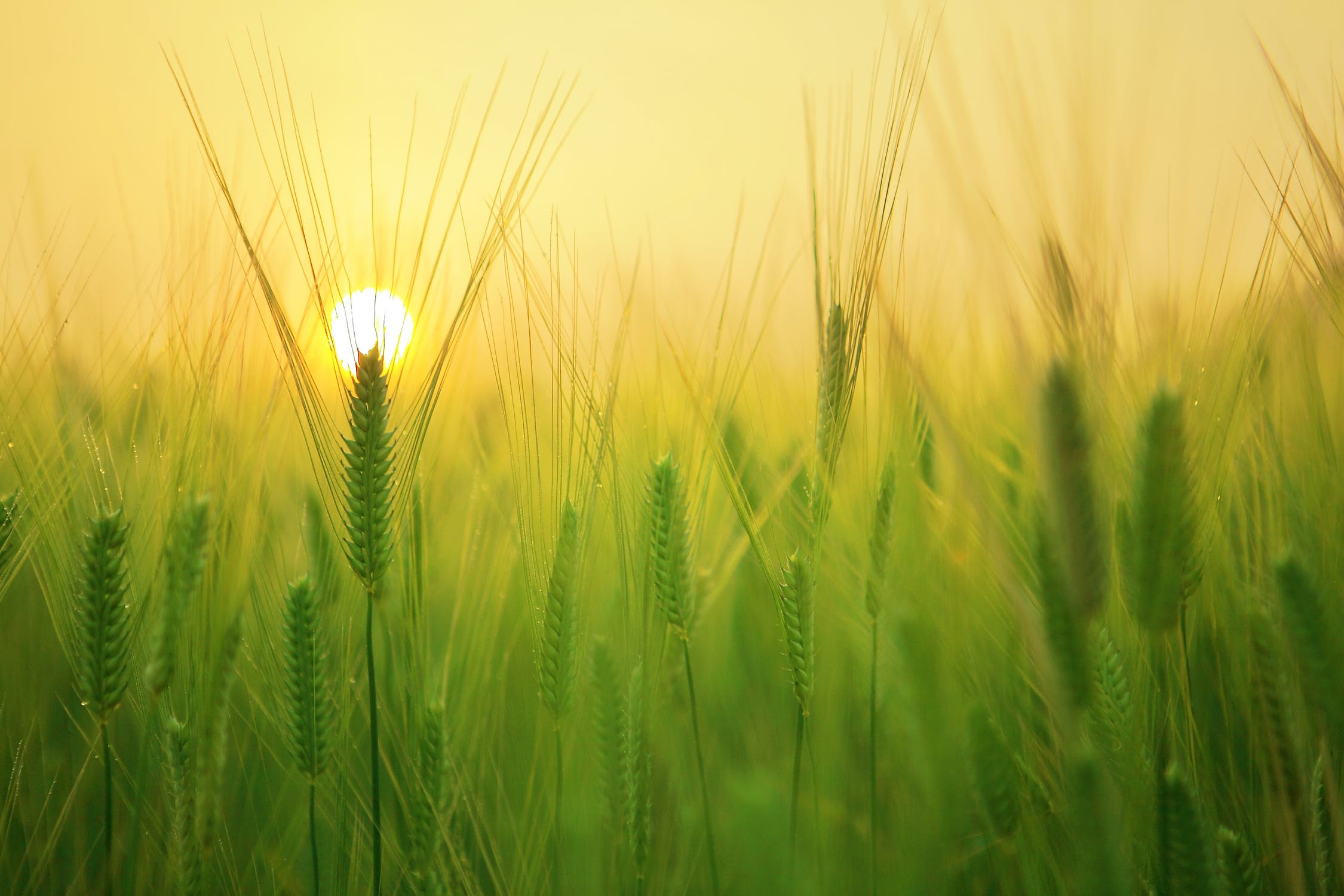
Water Use by Plant Stage
Over the growing season, solar radiation, air temperature and plant size are the dominant factors in determining evaporative demand and the rate of water use by wheat. Water use can vary dramatically on a day-to day basis, depending on climate and wheat health.
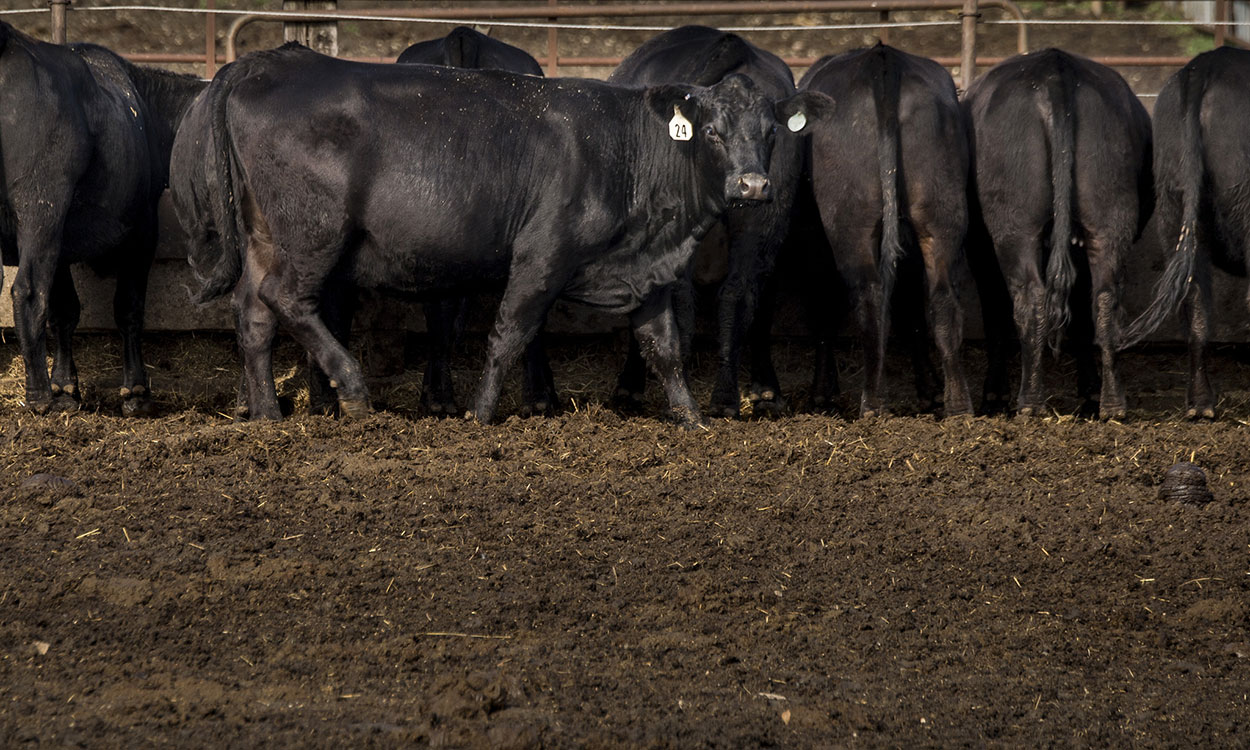
Feeding Damaged Wheat to Cattle
Feeding damaged wheat to livestock is one way to salvage value from the crop. Wheat can work well in cattle diets with some limitations.
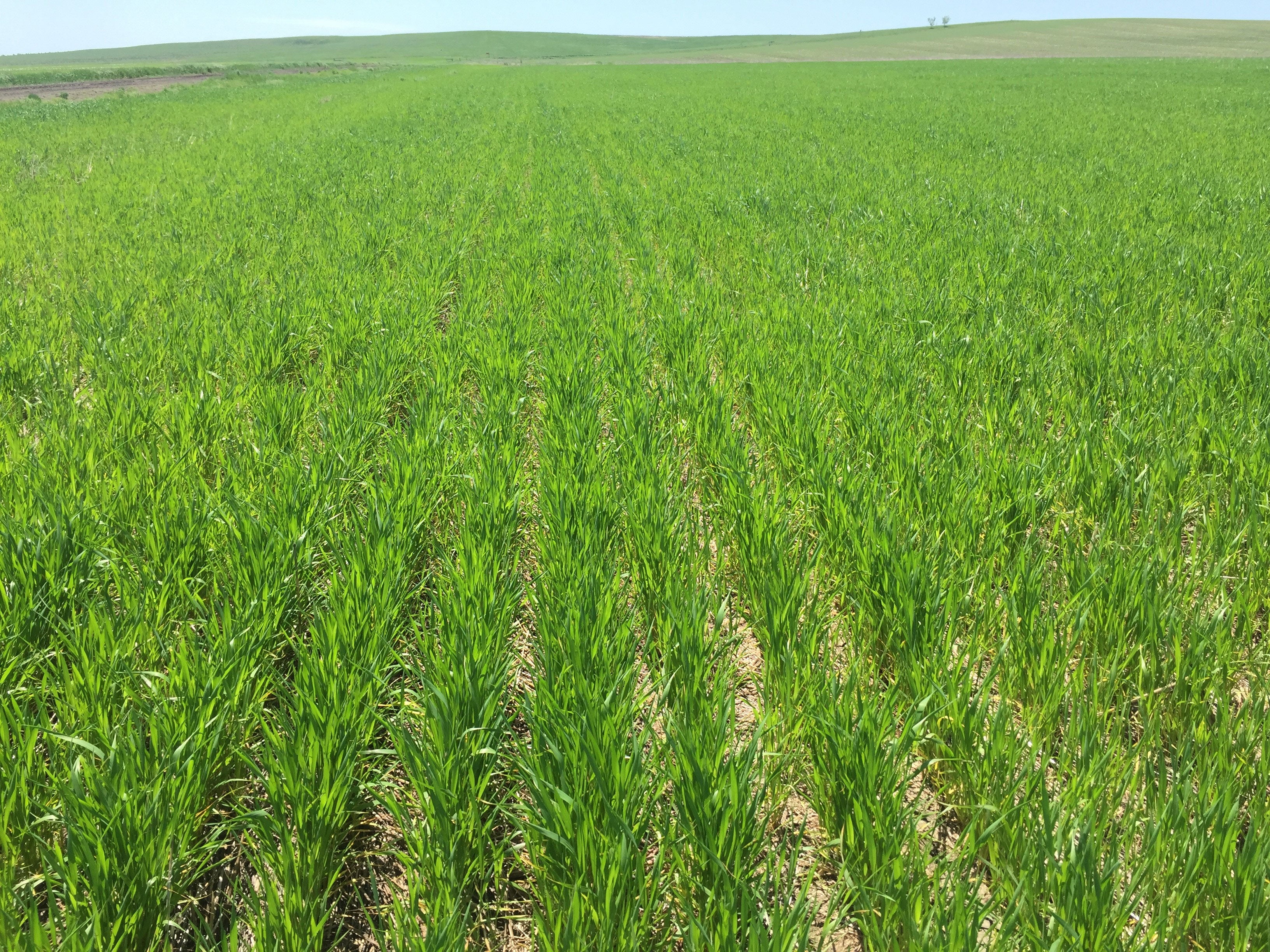
Planning for Quality in Wheat
Excess moisture and limited field days have made it difficult for producers to add nitrogen to wheat fields this year. This could be a concern, as nitrogen contributes to both yield and protein. This year, it may pay off to take tissue and soil tests from questionable wheat fields to help with nitrogen application decisions.
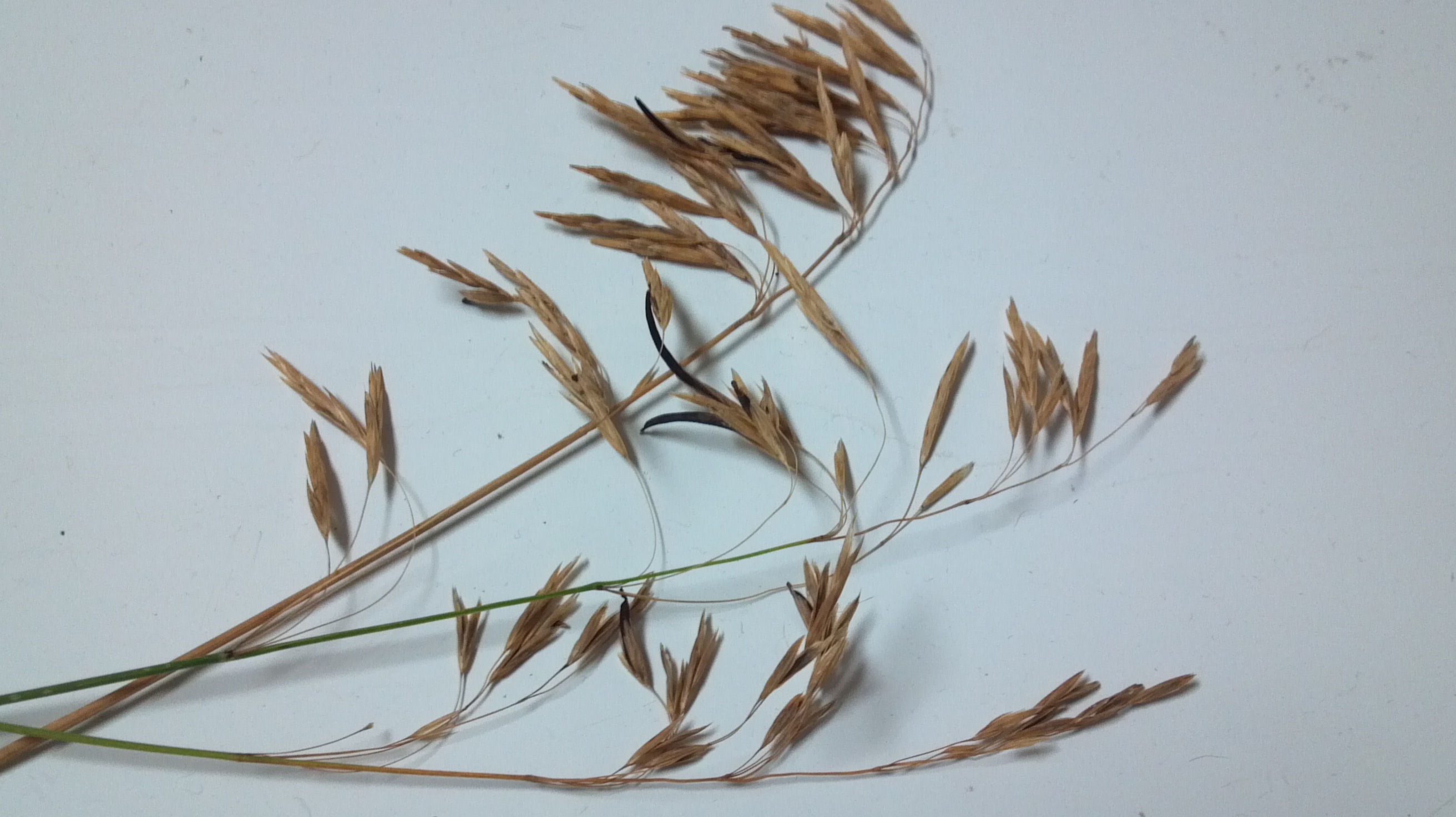
Ergot: A Potential Livestock Poisoning Problem
Cool, damp weather followed by warmer temperatures favors grasses becoming infected with ergot bodies, which can cause a certain kind of poisoning that can affect cattle on pasture.
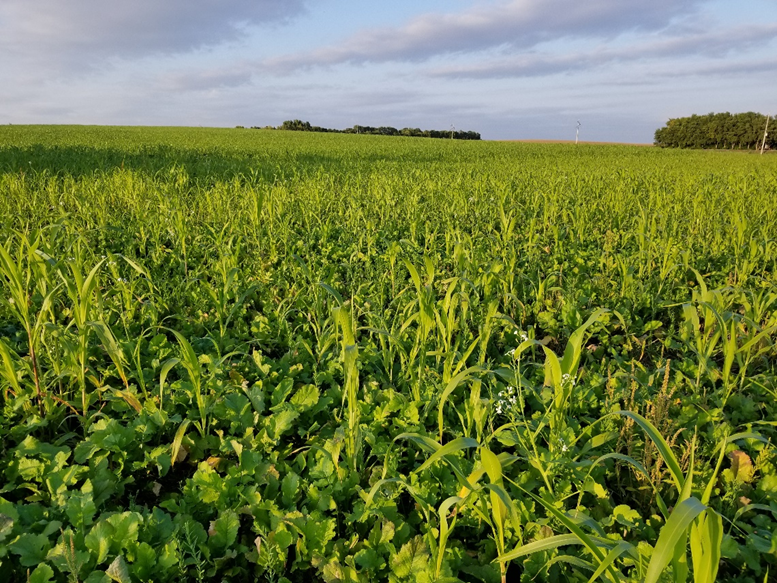
South Dakota Land Use Trends (2012-2017)
Significant education efforts for natural resource conservation have occurred in South Dakota during the last five years. Many stakeholder groups have brought awareness for soil health and water quality to the forefront.
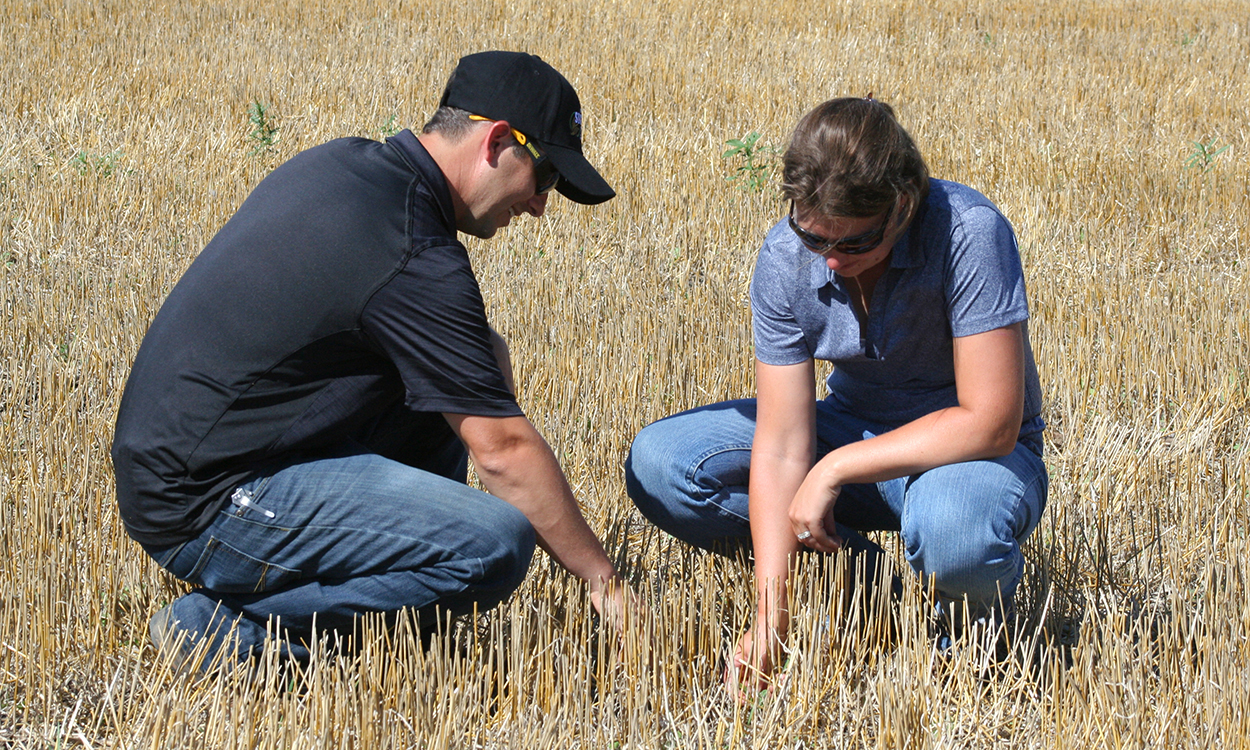
Managing Cover Crops in Moisture Deficits
Planting cover crops after small grain harvest can be risky in central South Dakota. The decision to incorporate them into an annual cropping system should consider historical precipitation, soil water holding capacity, and soil moisture at time of planting.
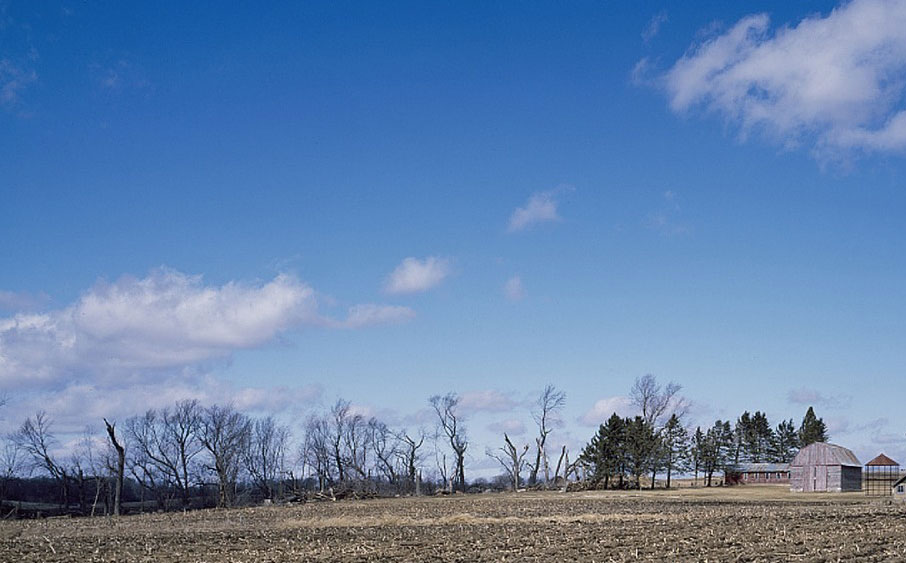
Planting Considerations for a Late Spring
Farm fields in some areas are unusually wet this year with many low areas under water. These conditions will make planting a challenge for farmers this year.

Salvaging Drought-Stressed Small Grains
South Dakota producers often must consider whether to abandon plans to harvest small grain as a cash crop and pivot to harvesting as forage. Learn some factors to keep in mind when evaluating salvage options.
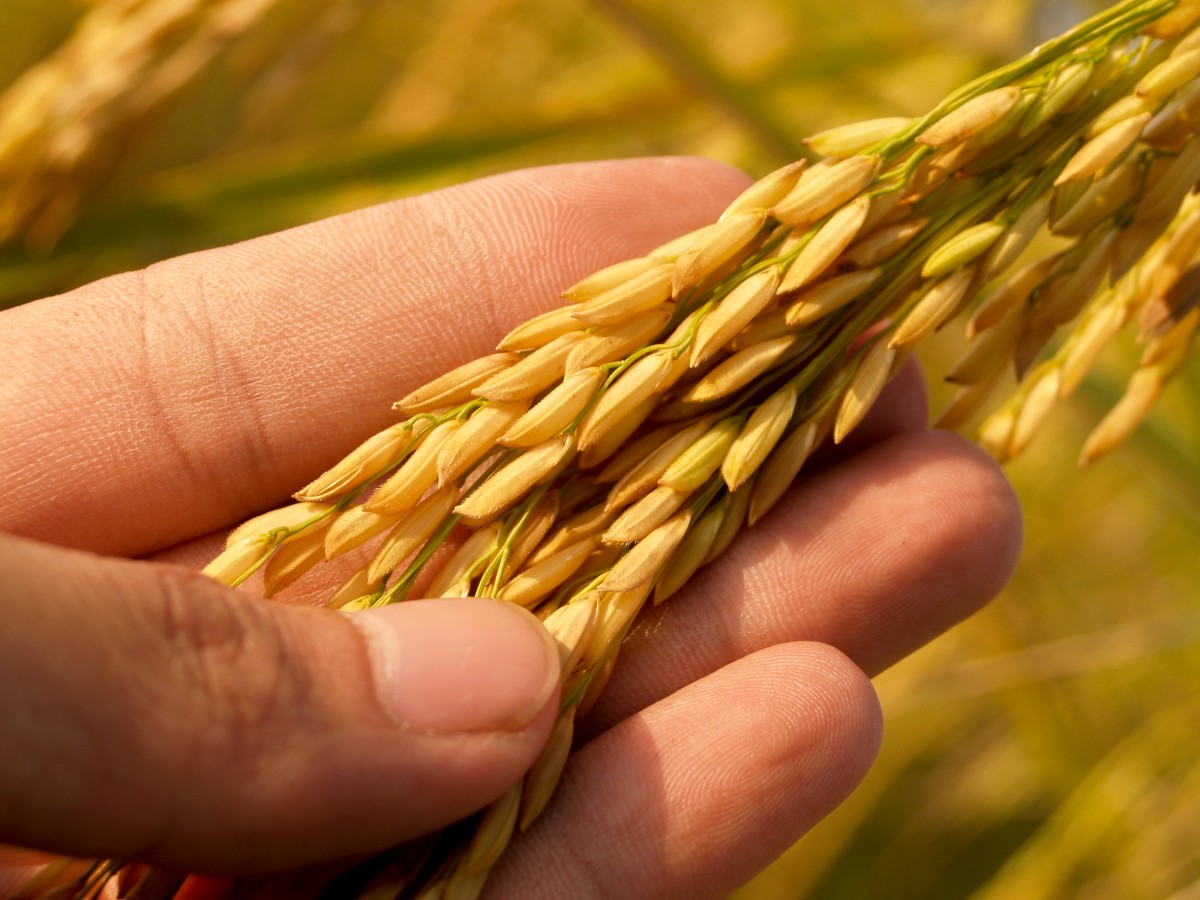
Improving Protein Content in Wheat
Wheat producers in South Dakota always strive to grow a premium product. Quality in wheat often depends on test weight and protein content.
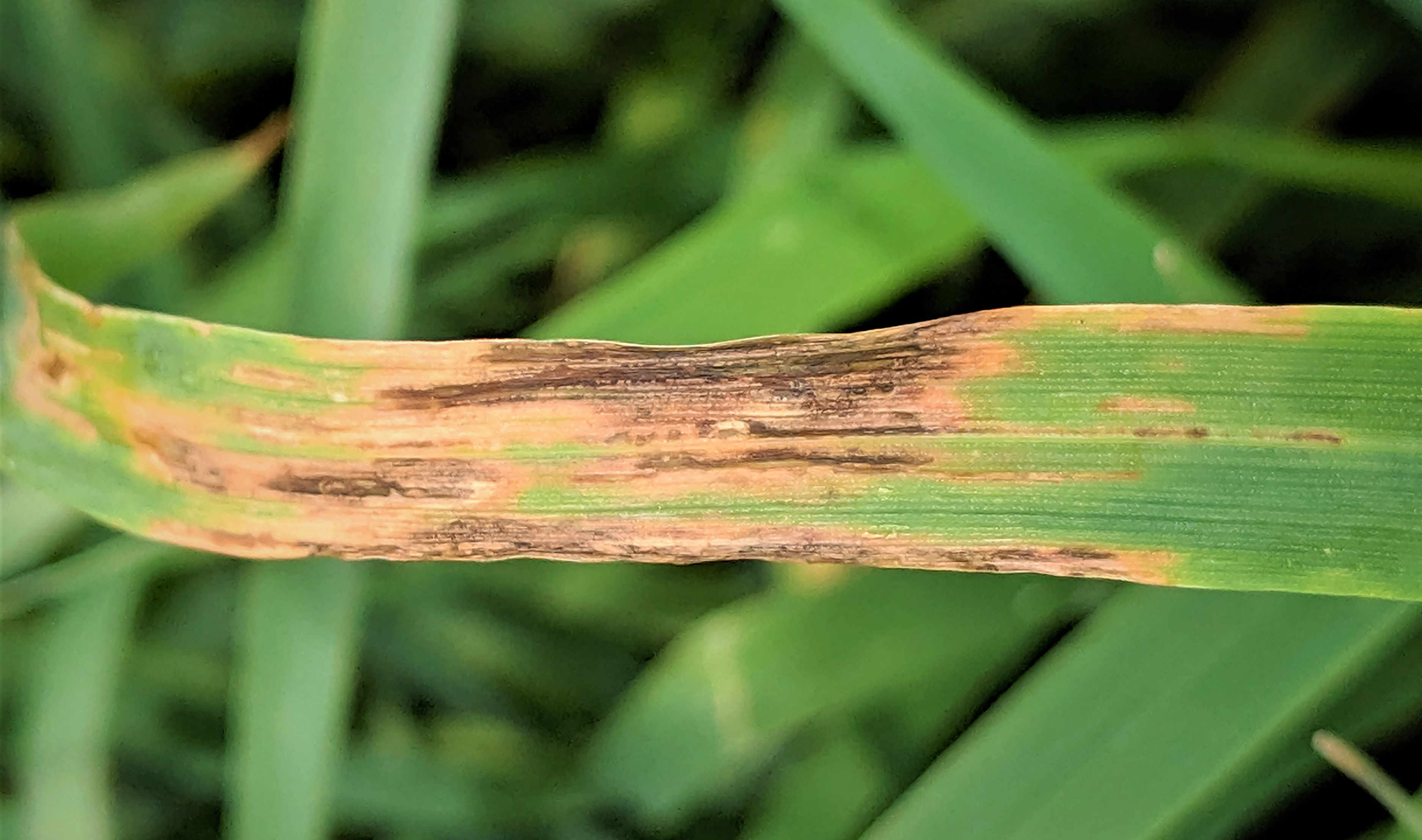
Bacterial Blight Developing in Oats
Oats scouted in a few fields in the Eastern and South Central parts of the state were found with bacterial blight developing on the lower leaves. Plants infected have leaves with water-soaked brown longitudinal lesions in the top-half of the leaf. Severe symptoms can lead to premature leaf death.